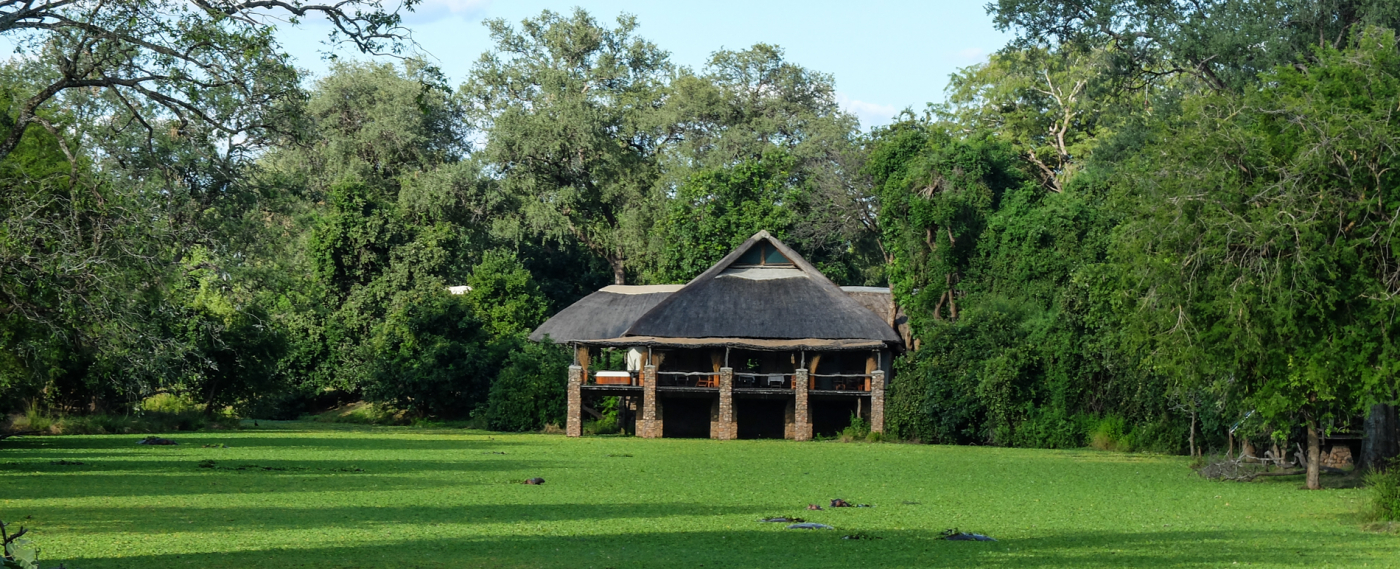
Treading in it | Walking in lion territory in South Luangwa National Park
Sometimes on a three-hour hike in the bush of Zambia’s 9050 km South Luangwa National Park, the most interesting thing you find is s—t

Sometimes on a three-hour hike in the bush of Zambia’s 9050 km South Luangwa National Park, the most interesting thing you find is s—t

My guide, dressed in khaki shorts, crouched and pointed to a dung beetle rolling large balls of wildebeest excrement: “Look – it’s so much bigger than him but, he can still move it.”
Watching the beetle work, I recalled the ancient Egyptians who believed the solar god Khepri had the face of this very insect, and rolled the sun across the sky and out of site. Centuries later, Jesuit Athanasius Kircher believed that Psalm 22:6 had been misquoted. “But I am a worm, and no man”, he believed, referred not to a worm but a scarab such as the one below me.
“The monkeys are restless about something, and the birds have taken flight. Something happened over there, maybe it’s a kill.”
The beetle rolled the balls of excrement towards a hole, its shiny body armour glistening in the morning sun. The hike had so far failed to produce the Big Five: African lion, African elephant, Cape buffalo, African leopard, and rhinoceros, but at every turn, continued to let me believe we were about to encounter one.
After the dung beetle, we started walking again – me and one other tourist, following the guide, flanked by two armed park rangers.

Mfuwe Lodge, South Luangwa Park
Three minutes later, the guide stopped us abruptly: “The monkeys are restless about something, and the birds have taken flight. Something happened over there, maybe it’s a kill.” A bizarre animal call pierced the air. “Let’s circle around and see what it is.”
If trips to the Serengeti are about massive herds of zebras and wildebeest viewed from a Range Rover, and South Africa’s Kruger National Park are about self-driving tours, the South Luangwa experience is defined by tracking big game on your own two feet. It is one of the few national parks in Africa that allows walking in lion territory.
Walking safaris were first pioneered here by British conservationist Norman Carr. Judging by photos from the 1950s and 1960s, Carr spent much of his time in Africa frolicking with lion cubs, but he also helped establish what are now the National Parks of Malawi, Zambia, and Zimbabwe.
As we made our way under the trees and shrubs of the savannah, the silence of the South Luangwa Valley was disturbed a second time by another unknown noise. This time my guide’s trained ear distinguished it as the cry of the Puku antelope. South Luangwa has the largest concentration of the species in the world.

Puku antelope
We didn’t see any lions on my early morning hike, but there were frequent reminders that we were in lion country. The only hint we could find at what had upset the monkeys was a drag mark, but along the way, we came less than a hundred feet from a zebra with a two-foot gash across its hindquarters, the result of an attack from a lion, or perhaps leopard. “He’ll survive this one,” the guide said: the way the sun was reflecting off the injury suggested it was starting to scab over and heal.
The lions in South Luangwa hunt bigger game than zebras. Like the SAVE lions of Botswana, the lions of South Luangwa kill elephants. “When the prides get as big as they have been of late, they occasionally take an elephant,” explained my guide.
Later he explained that the lions sometimes climb trees to escape the midday heat. Though common for house cats, this is unusual behaviour for lions. One exception is the lions of Ishasha in Queen Elizabeth Park in Uganda.
I probably would have seen more if I had stayed by the pool
Other than a few herbivores at a distance, we didn’t see any big game that day. In fact, I probably would have seen more if I had stayed by the pool back at the Mfuwe Lodge, which sits next to a mostly dry riverbed which a variety of animals including elephants treat as a highway. And as the hike drew to a natural conclusion in the hot sun, I thought more and more about that pool, and an icy drink in my luxury hut.
I wasn’t in the mood for much hiking. I hadn’t slept much the previous night. Sometime after midnight, I woke to find the roof of my two storey hut shaking. An elephant (or elephants) had decided to feast on a tree that was leaning against the hut. Once I’d realised what was happening, I lay there and listened to them feed, charmed that while human hikers have to keep their distance from the animals, the animals feel no such restrictions.
At Mfuwe Lodge the owner was eager to greet us. What did we find, he asked excitedly – “Lions? Elephants? Cape Buffalo?”
I sipped my drink as one of the park rangers took off his .44 calibre Czech hunting rifle and offered a response. “None of those. But we did see a dung beetle.” C
Mfuwe Lodge, South Luangwa Park, Zambia
+260 (0)216246041; Bushcampcompany.com